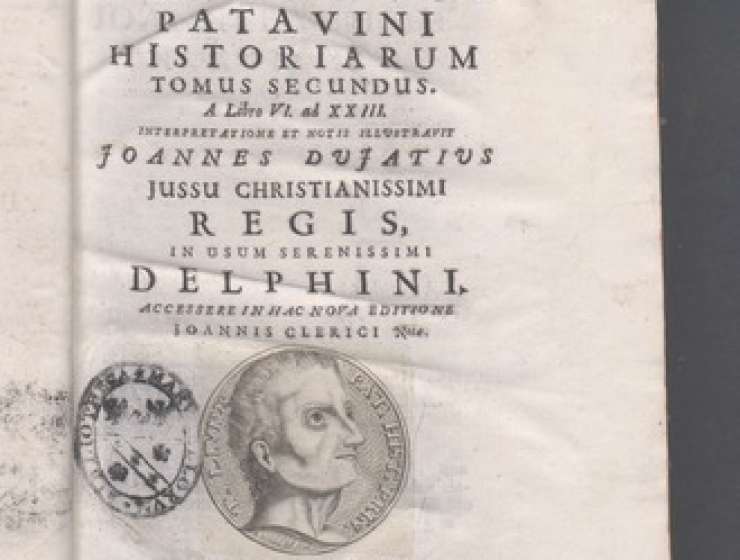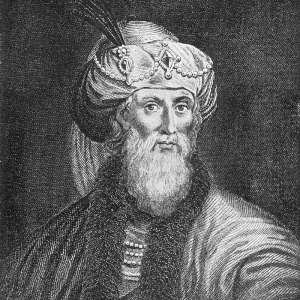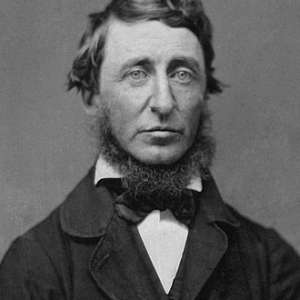
Towards the start of the elegy which prefaces his third book, Propertius rejects lengthy, martial epic in favour of slender poetry (3.1.7–8): it is on account of the latter that fame (fama) elevates him above the earth, his Muse triumphant (9–10); accompanying him in the triumphal chariot are his Amores (11), and following the wheels is a crowd of writers (12 ‘scriptorumque meas turba secuta rotas’).
The latter, in the race for glory, rival the poet to no purpose (13–14). Many writers will praise Rome (15 ‘multi, Roma, tuas laudes annalibus addent’) and sing of future conquests (16), but Propertius’ pages, a special delivery from the Muses' mount, are the perfect peace-time reading (17–18).









































